Romania is not a poor country, but one with a well-trained and dynamic population, but this potential has not been used so far in the development of the country, said the European Commissioner for Jobs and Social Rights, Nicolas Schmit, in an interview with AGERPRES National News Agency.
It's not normal for people to close the heat in the winter and put two blankets on, this means poverty, the European official says. Romania now has the opportunity to enhance its real potential at an economic and social level, with support of the billions of euros coming from the European Union through the National Recovery and Resilience Programme.
In front of the recent price hikes lately for energy and food, the best measures are to support the vulnerable consumers and to enforce certain measures to increasing the energy efficiency, the Commissioner says. He doesn't believe that a single definition of the vulnerable consumers at European level could exist, due to the large differences among countries. Nor a single pension system could exist either, from the same reason.
As regards the refugees crisis from Ukraine, the European Commission is in a process to activate the Temporary Protection Mechanism, and the Member States receiving refugees will be supported with European money.
AGERPRES: How was the visit in Romania and which are the main conclusions after the talks with the Romanian authorities?
Nicolas Schmit: Well, the visit to Romania was very fruitful, very interesting, we had very stimulating discussions with the Government, obviously, but also with NGOs, but also with social partners, I'm just coming from meetings with social partners. Personally, I learned a lot but also we took the opportunity to explain what are the priorities now in terms of European policies given the crises we are facing now, with Ukraine, but also the difficulties in some areas, be it the energy prices, food prices and the overall economic situation we are confronted with.
AGERPRES: And which are the conclusions, how can we do that, how can we help people manage with the increasing prices?
Nicolas Schmit: Well, there are different approaches, the short term approach, certainly is, we, if there is a possibility, we have especially to support those households who are really in difficulties to pay their energy bill, this is what the Commission has, by the way, proposed, I know this is sometimes in national context not so easy to support, and we have, in a longer perspective, become more autonomous in terms of energy production, this is by the way the case a bit in Romania, where you have a high level of national production in energy and this should take place at a larger European level, where Europe has to be less dependant through own production, renewables, but also I know you have gas reserves which still are considered to be a transition energy for the next 20 years. So I think these are the ways, short term and longer term.
AGERPRES: So we are a good example...
Nicolas Schmit: Well, I think you are lucky to be a country where at least you have a very large autonomy in terms of energy which is not the case of older Member states, even bigger Member States are very dependant, especially on Russian gas and you know that this is now a big issue and a big problem.
AGERPRES: So we should protect everybody or just the vulnerable customers?
Nicolas Schmit: First, I would say there has to be a protection for the most vulnerable, for those households who are really in difficulty to pay their bill, to pay their energy bill. But there is also another issue I want to mention because we are very much proposing, also in relation with climate change, but not only in relation with climate change, is to invest much more in building renovation, because unfortunately, we have buildings that consume very much energy and then provoke energy poverty because people have difficulties to pay their energy bill. So I think we should propose, and that is what the Commission is doing, to invest more in building renovation, you have less CO2, so better for climate, better for the economic situation of households and so you create jobs in the construction sector, because these buildings have to be renovated, so there are a lot of opportunities to create jobs and help also very often smaller and medium-sized enterprises.
AGERPRES: Maybe other measures in energy efficiency...
Nicolas Schmit: Yes, this means energy efficiency for houses but also at other levels, energy efficiency is important, be it industry or other activities.
AGERPRES: Could there be a unique definition of the vulnerable energy consumer at EU level?
Nicolas Schmit: Well, I think the situations are quite different between the Member States but I think you know exactly when persons have, given their income, they have difficulties to pay their energy bills. So, if suddenly the proportion you have to pay for heating or for other purposes, this proportion is going above a certain threshold, then you start to be vulnerable and people are in difficulty to pay for that. So I think this is something which has to be defined nationally, because these levels are different from one Member State to another.
AGERPRES: How would you describe the pension system in Romania?
Nicolas Schmit: Well, the pension system, you know, normally reflects also the economic situation, the level of wages, when you have low wages, you have low pensions, so I think this has to be looked at in a broader context of the economy, and in the broader context of wages. So, as far as I know there are pensions in Romania which are very low and which do not prevent people to be at risk of poverty.
AGERPRES: What about the 9.4 percent of the GDP, could it become more flexible?
Nicolas Schmit: Well, we had a lot of discussions here on this issue, I think what is important now is less to look what might happen in the next 10 or 20 years, what is important now is to implement the Recovery and Resilience Plan, this is for me extremely important because this allows the Romanian economy to be strengthened, to invest in different areas, including also social areas and in the medium term and longer term, certainly, you always have to show some flexibility. So I think this is something we are always dealing with, flexibility, especially when you look at issues in a longer perspective.
AGERPRES: Here in Romania, the average pensioner is kind of struggling with paying the bills, with buying food, with heating in the winter, they put on two sweaters or two blankets at night and switch off the heating, is it normal?
Nicolas Schmit: Certainly it is not normal, I think one of the objectives of our policies, also at European level, and one of our targets is to reduce poverty because what you are describing, it's not just energy poverty, we have discussed that just now, but also, in a larger sense, poverty. And eradicating poverty means that people can have a dignified life, this includes also elderly people who have worked hard, very often hard for low salaries during their professional life and end up when they retire in poverty and this is a real issue. I think this has to be reflected on and as much as possible also corrected.
AGERPRES: Do you think Romania is a poor country?
Nicolas Schmit: No, I wouldn't say that Romania is a poor country. It's a country with a certain history, it's a country with enormous potential, but this potential has to be valued now, investing a lot, especially in skills, we have a lot, what I noticed this, we discussed a lot about the millions of Romanians who have left the country, very often very well skilled people, so this shows that it is a country with very dynamic and well skilled population and so there is potential that has to be valued in the development of the country or better valued in the development of the country. So I think there is an enormous potential in this country. I think there are now the possibilities from Europe to support this potential. The Recovery and Resilience Fund offers Romania billions of euros to be invested precisely in different areas, precisely to modernise the economy and to improve the different infrastructures, but also to improve the social infrastructure, be it education, be it health, be it child care, very important also investing in children, so I think this is a unique opportunity with the support of Europe to foster economic and social progress in the coming years.
AGERPRES: Could there be a unique pension system in the EU?
Nicolas Schmit: In 200 years you mean ... I do not believe in this kind of things. Pension systems are very much related to the national context and saying, well, we will uniformise and harmonise the pension system, even in a longer term perspective is not realistic. Now what we have to make sure is that pension systems have two major elements: the first one is to guarantee sustainability of pension system because if your pension system is not sustainable, if it cannot be financed, well, you are taking an enormous risk that finally you will have generations who won't get adequate pension. The second one is precisely adequacy, so you have to make sure that pensions are at a level where people can have a dignified life of and this is something which is not easy to create because, certainly, as I said, low wages do not produce high pensions, low wages with low contributions very often produce also very low, even much lower pensions, and this is a balance you have really to work on and to find the right balance in order to allow people when they retire to have a level of adequacy in their pension which allows them to have a dignified life.
AGERPRES: And about the crisis that is developing right now, the Ukrainian refugee crisis, could you tell us how many of them already came in EU countries and what is happening with them?
Nicolas Schmit: Well, you know that according to the statistics given by UNHCR, more than 3 million people left Ukraine, probably we are close now to 4 million and they have gone first to the bordering countries. The highest number is in Poland, with more than 2 million and the second highest is Romania, because Romania has a long border with Ukraine, and this close to this border you had that terrible things in Mariupol and other places. So what we, what the Commission has, with the support of the Member States, unanimous support of the Member States, has decided is to activate what we call the Temporary Protection, it is the first time we activate this Temporary Protection Directive system which gives the refugees rights, social rights, also the access to labour market and we are now working on that, how can we implement this protection, you know that the majority of refugees are women and children. And especially these women and children who left very often in very dramatic conditions, first is to protect them, to give them all the guarantees and the protection not to become victims of all kinds of threats or trafficking and so on. This is a very important issue. The protection of these people, of women and children. The second one is, I would say, very important for the children, to assure they have not an interruption in their education, because we do not want to have a lost generation of Ukrainian kids provoked by this criminal war. So I think, in doing everything possible to give these kids education, maybe in schools, special schools or online, but if it's online you have to provide these kids with the devices to be educated online. Among these refugees, there are many teachers also, because there are many women teachers coming here, to organize with these teachers also courses for these children. So this is very important. The third one certainly is to allow, as much as possible, those who can work, those who have skills, and many of them have good skills are very well educated, the possibility to access to the labour market and find jobs. So this is a third one. So I think all this will be supported by the European Union because we know that this is a challenge for the countries who welcome refugees, be it Poland, be it other countries, be it Romania, be it Estonia, be it Slovakia, the Czech republic who have received a lot of refugees. So we have now put into place emergency measures where these countries are also supported financially, because it cannot be that the refugees are supported and we would stop now supporting all those in these countries, including in Romania, who need the European support, who need the European projects to improve their own life, to improve their own conditions, working conditions or other, education and so on. This should not be taken away from them. So we have to have this balanced approach, supporting the refugees but also supporting those in the countries who receive these refugees, who need the support or already get the support from the European Union.
AGERPRES: Is there a specific budget for this?
Nicolas Schmit: Well, we have now mobilised in the different budgets which are available at the level of the European Union, money which is there, which has not been used yet, to provide the Member States with this money, in a very flexible way, in a much more simplified way, not with co-financing because with the financing at 100 percent level, so it's not 50 percent European Union, 50 percent the member State. No, these are projects which can be financed 100 percent directly with EU money. And then maybe there is a next step but this depends on how the situation will involve, where we have to reflect what EU money could eventually be mobilised.
AGERPRES: Do you expect some of the refugees to remain in the EU countries and start a new life?
Nicolas Schmit: A lot depends on the situation on the ground, nobody knows how long this war will last, I fear that it may last longer than anybody hopes, and this means that when people have to stay outside the country, because this is a devastated country, what has been done there is really a criminal devastation and so, probably part of these people start to make a living, start to have a job or even, I have heard, to create their own business, and they will probably, they may stay in the place where they have been welcomed.
AGERPRES: Do you have an estimation, how much all this has cost by now?
Nicolas Schmit: This is very difficult to estimate, I know that the cost for, first from one Member State to another, but we are talking obviously, the more this lasts, the more people need support, this is quite a huge cost, certainly, but I think it is just an obligation we all have, to support and it's also an obligation by the European Union to support those countries who are now shouldering the costs. I think this is the value of Europe, to support those people who are victims, who are refugees, who are victims of a terrible war and I think it is very difficult now to evaluate the cost because every day adds more refugees and adds also more money which has to be spent but certainly it is something which is quite important, and therefore, the support is also, including the financial support from the European Union, is quite important.



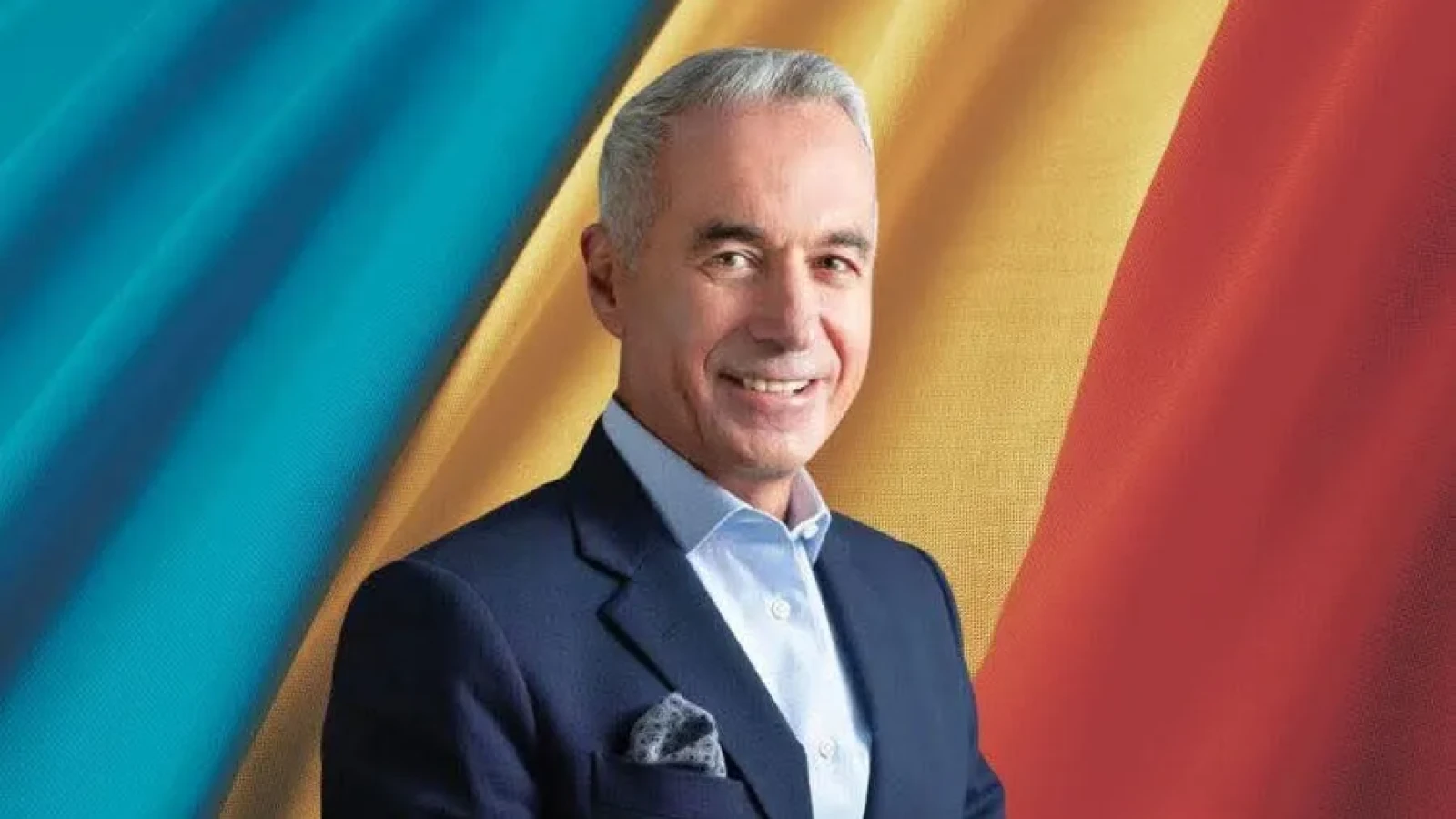

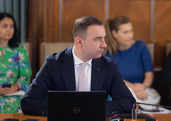
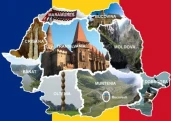
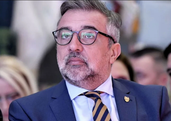

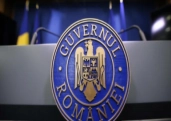

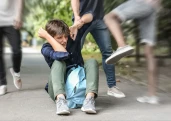
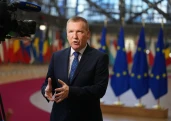

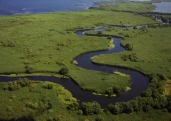

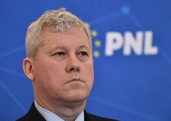
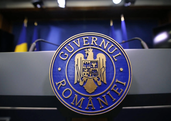


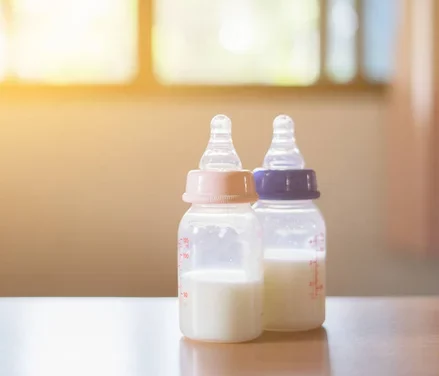
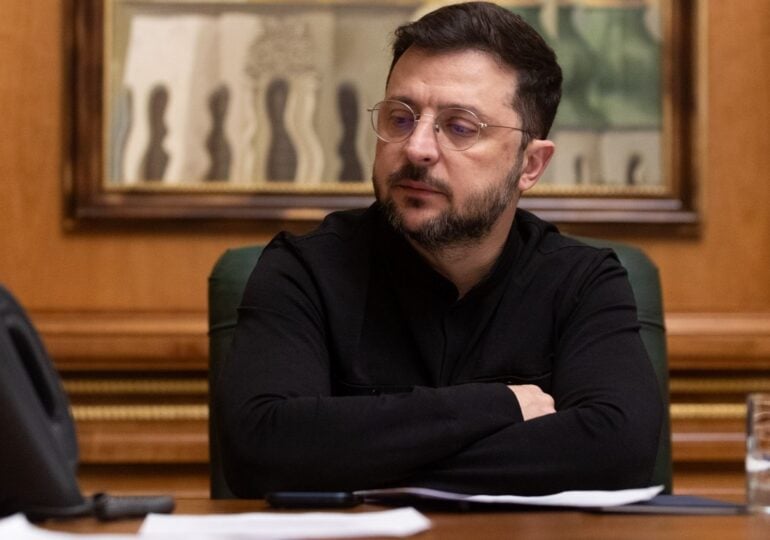

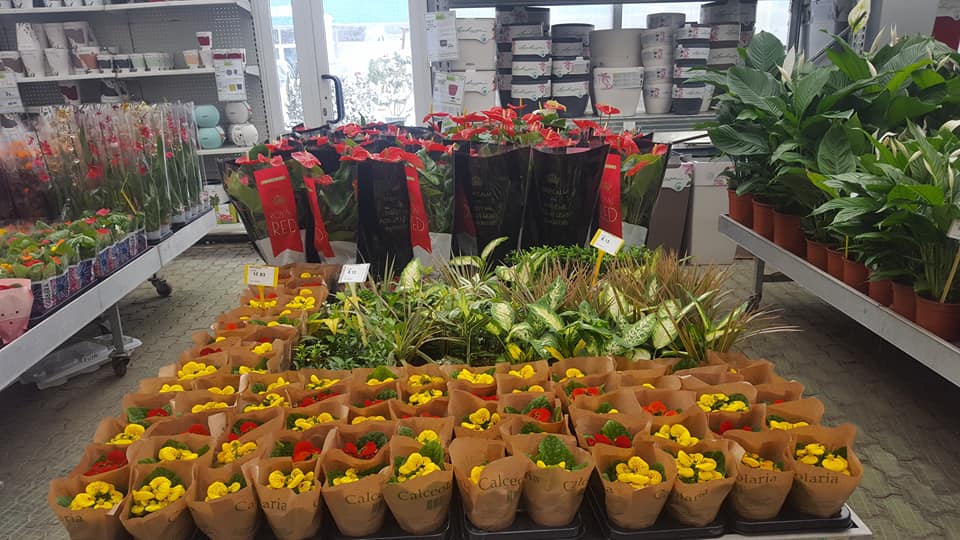




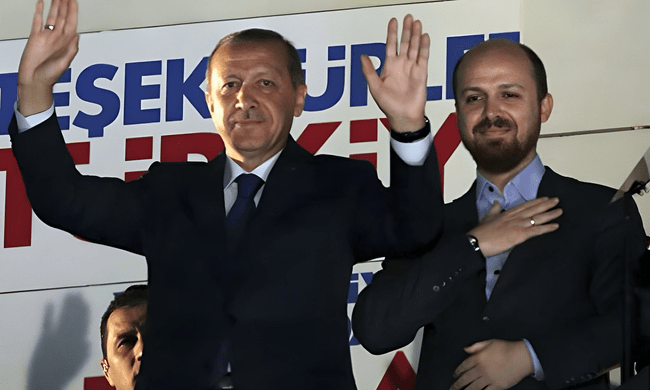



Comentează